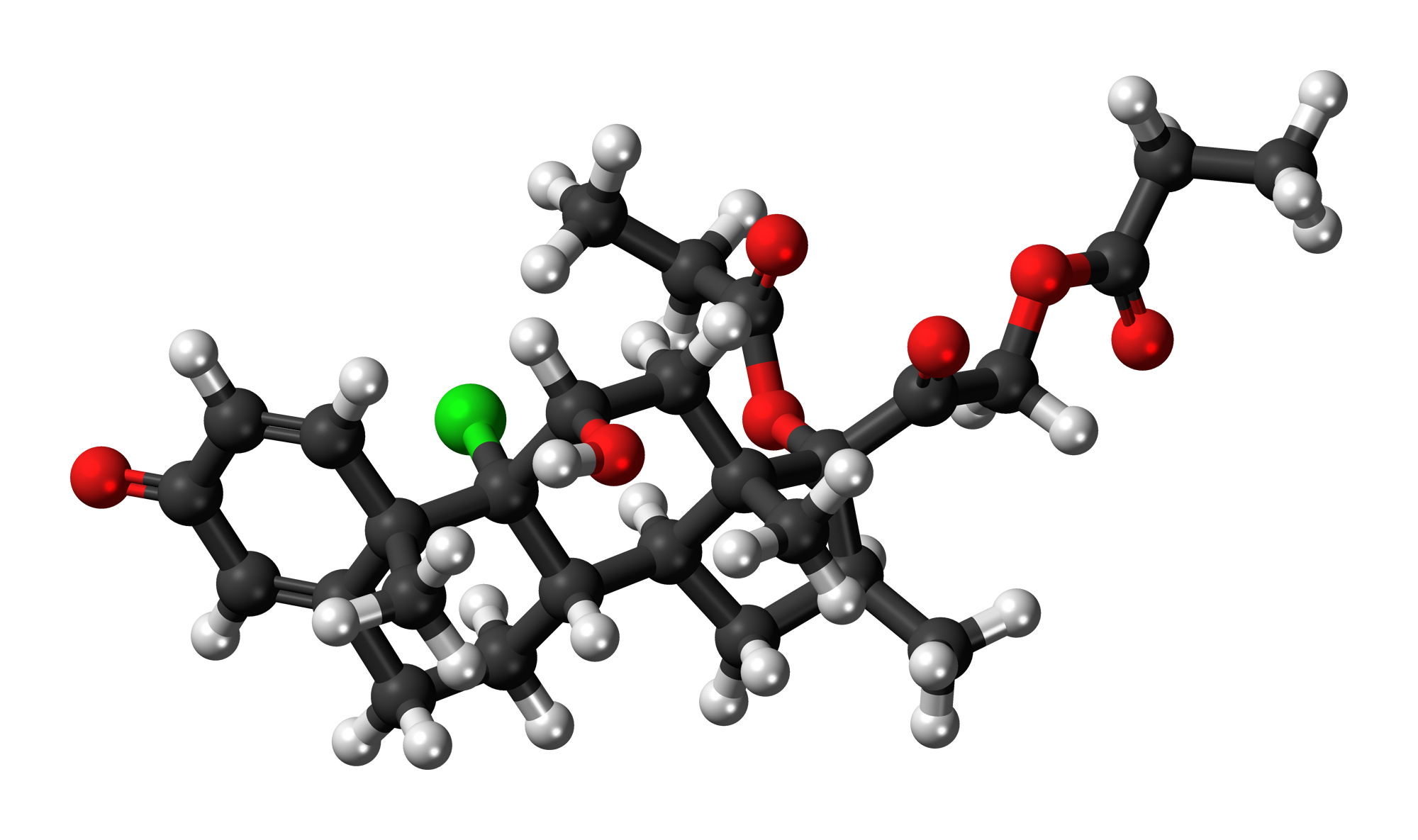| name | Beclomethasone Dipropionate |
| classification | Corticosteroid, inhaled |
| pharmacokinetics | Beclomethasone dipropionate, when inhaled, is rapidly absorbed into the lungs and exerts its therapeutic effect locally. Systemic absorption is minimal, especially with appropriate inhaler technique. Minimal systemic effects are observed. Metabolism occurs primarily in the liver, and the primary excretion route is via the kidneys. |
| suggested dosage | Dosage varies significantly depending on the specific condition being treated and the patient's response. Always follow the prescribing physician's instructions carefully, as detailed on the medication label. The patient should not adjust the dosage without consulting the doctor. Typically, a starting dose may be in the range of 100-200 mcg twice daily, which might be titrated up as needed. Important factors determining the exact dosage include the severity of the condition and the patient's response to therapy. |
| indications | Beclomethasone dipropionate is primarily used for the prevention and treatment of asthma and other chronic inflammatory respiratory conditions, such as chronic obstructive pulmonary disease (COPD). It is also used to reduce the inflammation in the nasal passages and prevent/treat allergic rhinitis. It is also used for other inflammatory conditions of the airways and skin. |
| safety in pregnancy | Beclomethasone dipropionate is generally considered safe for use during pregnancy, particularly when used as prescribed for asthma management. However, it should be used only when necessary and under strict medical supervision. The potential benefits of treatment for the mother should outweigh any potential risks to the developing fetus. Consultation with an obstetrician or physician specializing in pregnancy and asthma is crucial. |
| safety in breastfeeding | Limited data are available on the extent of beclomethasone dipropionate excretion in breast milk. Prescribing physicians should consider the potential risks to the infant. The risks and benefits of using the medication during breastfeeding should be carefully weighed. Consulting with both a pediatrician and a pulmonologist is recommended. |
| side effects | | 1 | Local side effects (common): oropharyngeal candidiasis (thrush), hoarseness, dysphonia (voice problems). | | 2 | Potential for systemic effects (rare): These are more likely with higher doses and/or prolonged use. Potential side effects include adrenal suppression, Cushing's syndrome, and growth retardation (in children). | | 3 | Rarely, other side effects such as skin reactions and headaches may occur. |
|
| alternatives | |
| contraindications | Hypersensitivity to beclomethasone or any of the inactive ingredients in the formulation. Severe, uncontrolled systemic fungal infections. |
| interactions | There may be potential interactions with other corticosteroids, immunosuppressants, or certain medications, especially if taken orally. Any other medications the patient is taking should be disclosed to their doctor. |
| warnings and precautions | | 1 | Patients should be instructed on proper inhaler technique to maximize local delivery and minimize systemic effects. | | 2 | Patients with a history of adrenal insufficiency should be monitored closely. | | 3 | Regular follow-up visits with the physician are crucial to assess the treatment response and monitor for potential side effects. Blood tests may be necessary in some cases. |
|
| additional information | In patients of the stated age and weight, beclomethasone dipropionate is suitable for treatment; however, the physician must consider the patient's individual health history, allergies, and other medical conditions to determine the appropriate dosage and treatment plan. Self-treatment is discouraged. |
| patient information | |

